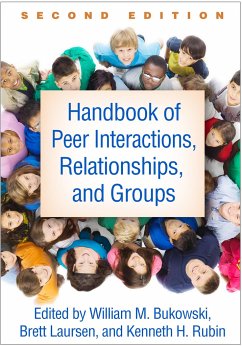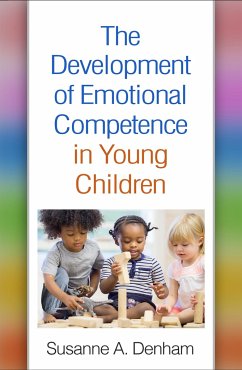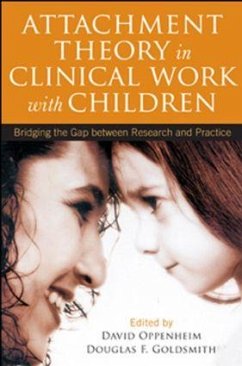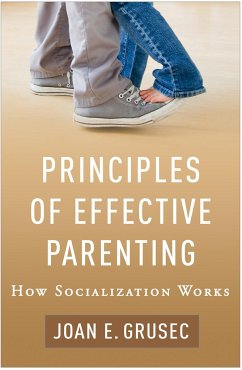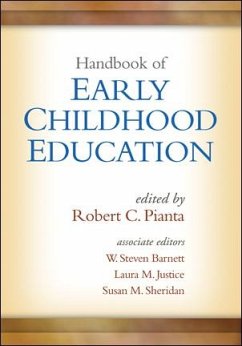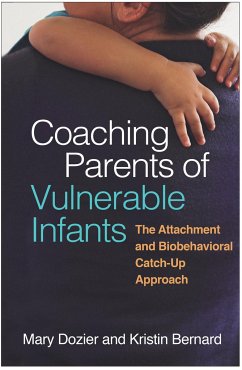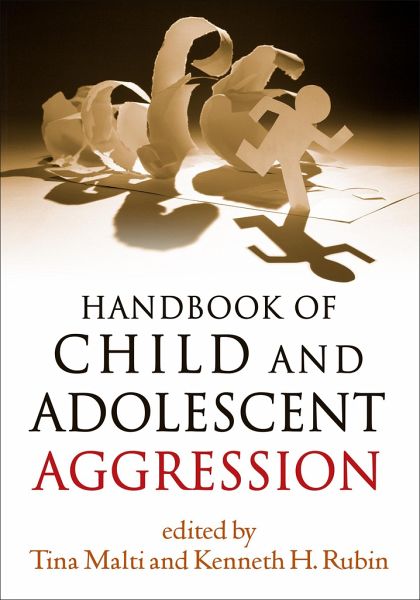
Handbook of Child and Adolescent Aggression

PAYBACK Punkte
39 °P sammeln!
Presenting cutting-edge work from leading scholars, this authoritative handbook reviews the breadth of current knowledge on aggression from infancy through adolescence. The volume explores the forms and functions of aggression and the multiple factors that contribute to its emergence, development, and consequences, including genetic and biological influences, temperament, family dynamics, peer relations, and social inequality.




